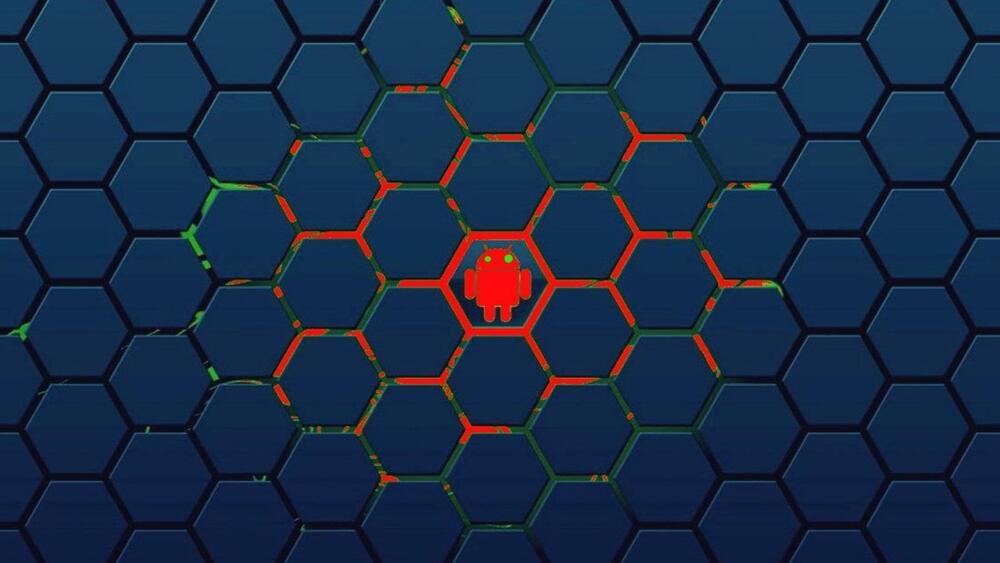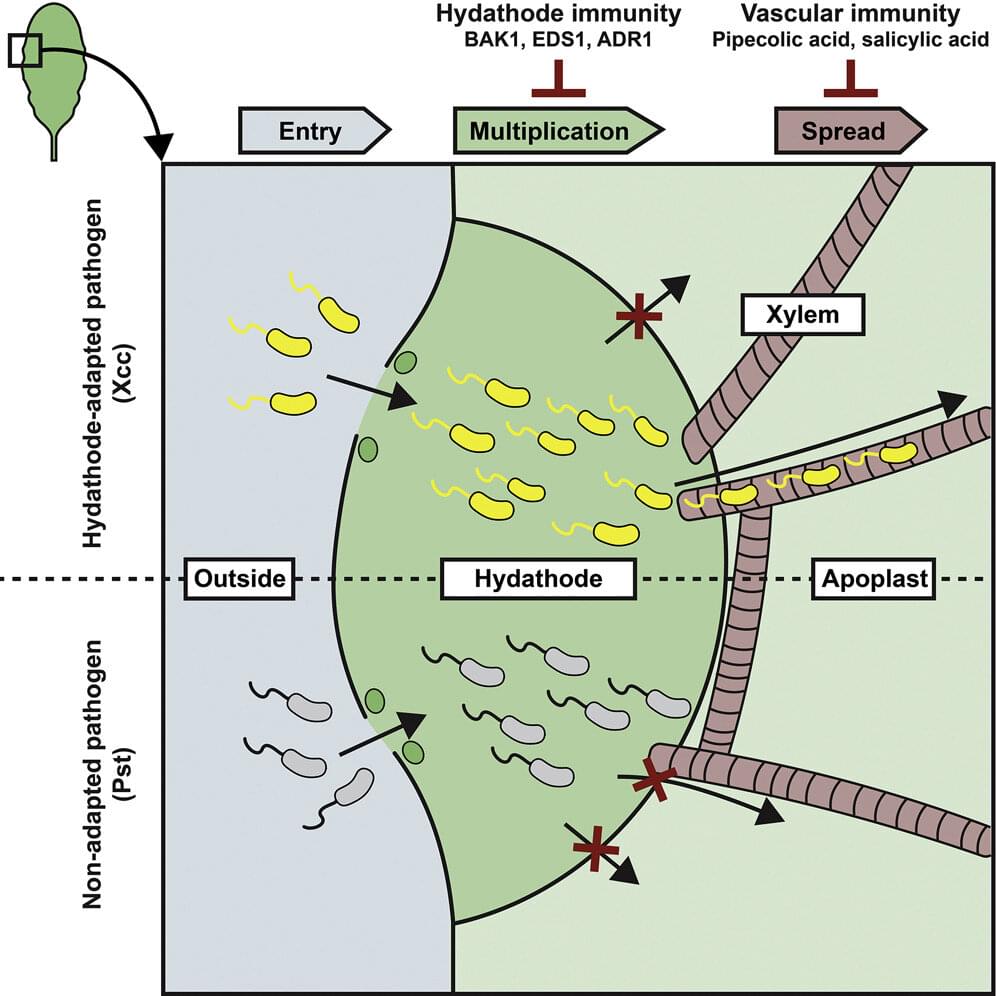Phone and electric car batteries are made with cobalt mined in the Democratic Republic of Congo. Cobalt Red author Siddharth Kara describes the conditions for workers as a “horror show.”



Buckle up, this one is fun: Maciej Cegowski has begun what promises to be a multi-part essay arguing against a crewed mission to Mars. It’s called “Why Not Mars,” it’s 8,000 words long, with 66 footnotes, and it sings. I’m not even sure I agree, but I enjoy the hell out of it.
The goal of this essay is to persuade you that we shouldnt send human beings to Mars, at least not anytime soon. Landing on Mars with existing technology would be a destructive, wasteful stunt whose only legacy would be to ruin the greatest natural history experiment in the Solar System. It would no more open a new era of spaceflight than a Phoenician sailor crossing the Atlantic in 500 B.C. would have opened up the New World. And it wouldnt even be that much fun.
A few choice lines:

An ongoing Google ads malvertising campaign is spreading malware installers that leverage KoiVM virtualization technology to evade detection when installing the Formbook data stealer.
KoiVM is a plugin for the ConfuserEx. NET protector that obfuscates a program’s opcodes so that the virtual machine only understands them. Then, when launched, the virtual machine translates the opcodes back to their original form so that the application can be executed.
“Virtualization frameworks such as KoiVM obfuscate executables by replacing the original code, such as NET Common Intermediate Language (CIL) instructions, with virtualized code that only the virtualization framework understands,” explains a new report by SentinelLabs.

Researchers at UCL and the University of Cambridge have discovered a new type of ice that more closely resembles liquid water than any other known ices and that may rewrite our understanding of water and its many anomalies.
The newly discovered ice is amorphous—that is, its molecules are in a disorganized form, not neatly ordered as they are in ordinary, crystalline ice. Amorphous ice, although rare on Earth, is the main type of ice found in space. That is because in the colder environment of space, ice does not have enough thermal energy to form crystals.
For the study, published in the journal Science, the research team used a process called ball milling, vigorously shaking ordinary ice together with steel balls in a jar cooled to-200 degrees Centigrade.

Security researchers warn that hackers may start using Microsoft Visual Studio Tools for Office (VSTO) more often as method to achieve persistence and execute code on a target machine via malicious Office add-ins.
The technique is an alternative to sneaking into documents VBA macros that fetch malware from an external source.
Since Microsoft announced it would block the execution of VBA and XL4 macros in Office by default, threat actors moved to archives (.ZIP,.ISO) and. LNK shortcut files to distribute their malware.

A threat actor named InTheBox is promoting on Russian cybercrime forums an inventory of 1,894 web injects (overlays of phishing windows) for stealing credentials and sensitive data from banking, cryptocurrency exchange, and e-commerce apps.
The overlays are compatible with various Android banking malware and mimic apps operated by major organizations used in dozens of countries on almost all continents.
Being available in such numbers and at low prices, allows cybercriminals to focus on other parts of their campaigns, development of the malware, and to widen their attack to other regions.

How do plants defend themselves against pathogenic microorganisms? This is a complex puzzle, of which a team of biologists from the University of Amsterdam has solved a new piece. The team, led by Harrold van den Burg, discovered that while the water pores (hydathodes) in leaves provide an entry point for bacteria, they are also an active part of the defense against these invaders. The team’s research has now been published in the journal Current Biology.
Anyone who is used to giving plants plenty of water might know the phenomenon: small droplets of plant sap that sometimes appear at the edge of the leaves, especially at nighttime. When plants take up more water via their roots than they lose through evaporation, they can use their water pores on the leaf margins to release excess water. The pores literally prevent root water pressure from becoming too high. This is an important mechanism, but at the same time, risky. Pathogenic microorganisms can enter the plant’s veins through these sap droplets to colonize the water pores.
Biologists have therefore been asking themselves for a long time: How do plants defend themselves against this wide-open entry point? Are those water pores, the hydathodes, defenseless glands that allow ample entry of harmful pests? Or have they evolved in such a way that they are part of the plant’s line of defense against pathogens?

Trapped ions have previously only been entangled in one and the same laboratory. Now, teams led by Tracy Northup and Ben Lanyon from the University of Innsbruck have entangled two ions over a distance of 230 meters.
The nodes of this network were housed in two labs at the Campus Technik to the west of Innsbruck, Austria. The experiment shows that trapped ions are a promising platform for future quantum networks that span cities and eventually continents.
Trapped ions are one of the leading systems to build quantum computers and other quantum technologies. To link multiple such quantum systems, interfaces are needed through which the quantum information can be transmitted.

An international team of researchers has developed a technique that uses liquid metal to create an elastic material that is impervious to both gases and liquids. Applications for the material include use as packaging for high-value technologies that require protection from gases, such as flexible batteries.
“This is an important step because there has long been a trade-off between elasticity and being impervious to gases,” says Michael Dickey, co-corresponding author of a paper on the work and the Camille & Henry Dreyfus Professor of Chemical and Biomolecular Engineering at North Carolina State University.
“Basically, things that were good at keeping gases out tended to be hard and stiff. And things that offered elasticity allowed gases to seep through. We’ve come up with something that offers the desired elasticity while keeping gases out.”

A judge in Colombia caused a stir by announcing he had used the AI chatbot ChatGPT in preparing a ruling in a children’s medical rights case.
Judge Juan Manuel Padilla said he used the text-generating bot in a case involving a request to exonerate an autistic child from paying fees for medical appointments, therapy and transportation given his parents’ limited income.
Padilla told Blu Radio on Tuesday that ChatGPT and other such programs could be useful to “facilitate the drafting of texts” but “not with the aim of replacing” judges.